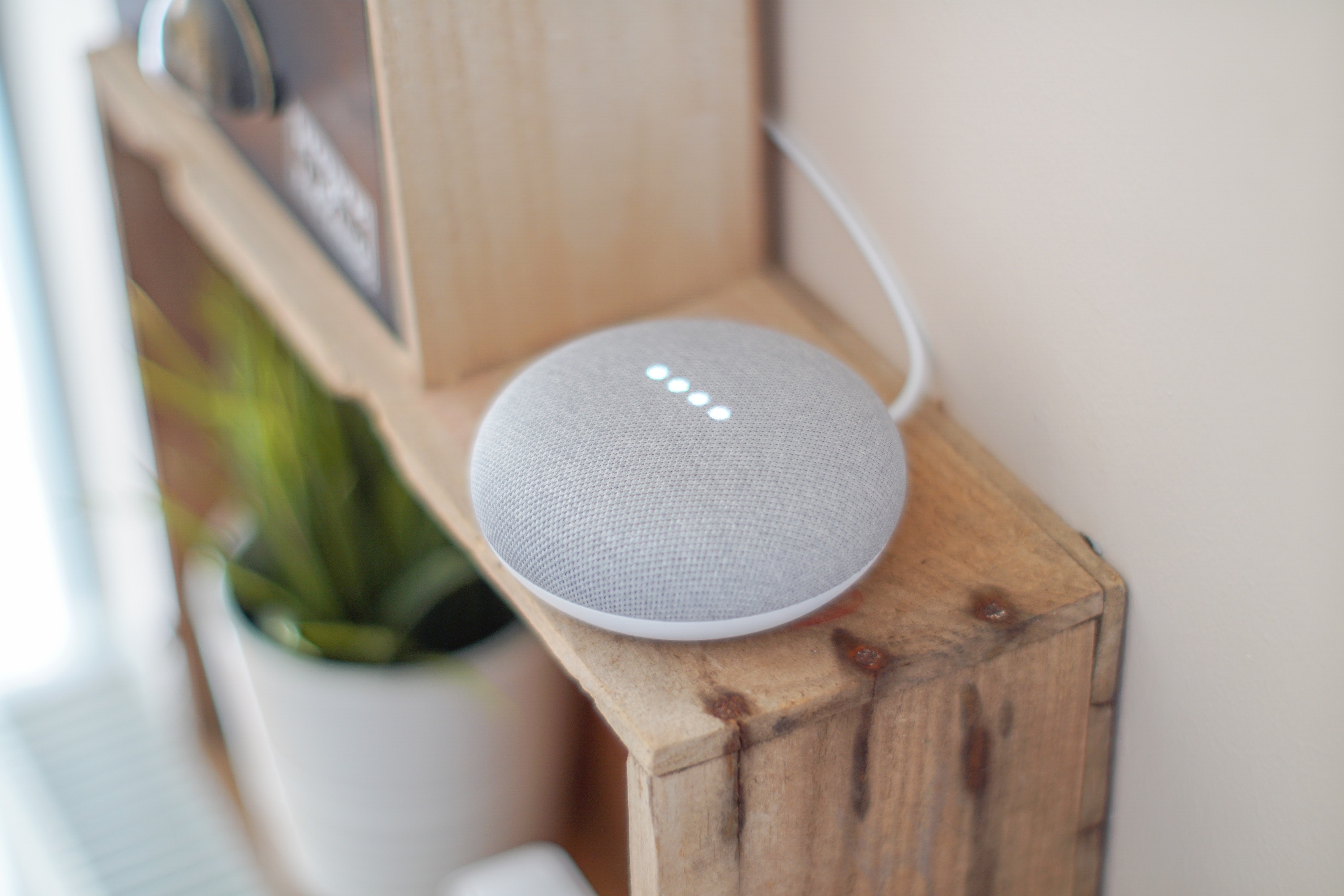
The Rise and Rise Again of The Smart Speaker
According to a new report from NPR and Edison Research, 53 million Americans now own at least one smart speaker.
Twenty one percent of Americans — or around 53 million people — now own at least one smart speaker, according to the latest Smart Audio Report released by NPR and Edison Research. That amounts to a 3% increase from last year, which found that 18% of Americans (or around 43 million people) owned one.
The 2019 report saw a dramatic 78% increase in the total number of smart speakers in U.S. households over the past year – from 66.7 million in December 2017 to 118.5 million in December 2018.
Even with this massive growth, concerns around privacy and security appear to be on the rise among smart speaker owners and non-owners alike. Among owners, a majority (58%) worries that hackers could be using their speaker to access their home or personal information. Of non-owners, 57% state that same worry as a reason for not having a device. Among non-owners who expressed interest in acquiring a smart speaker, 40% said they did not yet own one over fears that they enabled the government to listen in on their private conversations, while 55% said they were bothered that a smart speaker was “always listening” and 63% expressed concerns about hackers. Notably, those numbers have increased significantly since the 2017 study, which found that just 34% of that group worried about government spying while only 36% worried the device was “always listening” and 41% expressed concern over hackers.
The number of smart speaker owners who expressed those same fears was surprisingly high. Of that group, 49% said they worried about government spying and 51% said they were bothered by the fact that their device was always listening. Nonetheless, a small majority of that group (54%) said they trust the companies that manufacture the devices to keep their personal information secure.
In spite of these fears, the majority of smart speaker owners are regular users, with 69% saying they use their device daily. That percentage goes up among smart speaker owners with children, of which 75% said they use their device on a daily basis.
The new report makes it clear that majority of smart speaker owners still haven’t discovered the full potential of their devices, with a full 69% saying they don’t know enough about their speaker to use all of its features. Indeed, the most popular activities people use their smart speakers for remain fairly mundane, with 77% using them to play music (notably, 55% of owners said they’d been listening to more audio since acquiring one), 75% using them to get the weather, 74% using them to answer general questions and 53% using them to set a timer or alarm. A large majority (73%) said they had not used their smart speaker to control a household device within the last week, suggesting room for growth in that area.
Looking to the future, when smart speaker owners were asked if they would be interested in having a feature that would allow their device to call 911 if multiple smoke alarms went off in their house, a majority (55%) said yes. On the other end of the spectrum, only 24% of owners expressed interest in a feature that would recommend mental health resources if their device detected that they were feeling depressed or suicidal.
Interestingly, the number of different activities owners use their smart speakers for appears to decrease the longer they have them. While those who have owned one for less then three months use the speakers for an average of 11.7 “skills” per week, those who have owned one for longer than two years use them only for 7 “skills” weekly.
Indeed, in a positive sign for smart speaker manufacturers, the length of ownership appears to have a positive effect on users’ perceived dependence upon the devices. While only 11% of respondents who had owned a smart speaker for less than three months said they wouldn’t want to go back to a life without it, 30% of those who had owned one for two years or more said the same.
Article first published on Billboard.com. Read original here
Discussion
No comments on this post yet, start a discussion below!